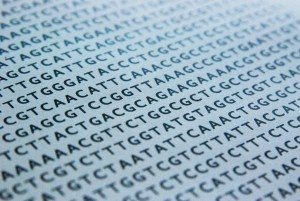California law currently allows law enforcement personnel to expand its efforts to collect DNA from any person arrested on a felony charge. The law has created quite a bit of controversy, pitting the state’s law enforcement agencies against privacy advocates, including the American Civil Liberties Union. At the beginning of December, the Ninth Circuit Court of Appeals considered whether challenges to that law may move forward in light of a recent U.S. Supreme Court decision upholding a similar Maryland law.
Some judges on the Ninth Circuit’s 11-judge panel appeared to believe that the California law is clearly broader than the Maryland law because it allows the collection of DNA from individuals prior to any criminal conviction. Arguments in the Supreme Court case compared the Maryland law allowing DNA collection to fingerprinting, widely considered a routine collection at every arrest.
The California law being considered in the present case was passed as a 2004 voter initiative. The challenge to the law is being brought by four individuals whose DNA was collected using cheek swabs following their arrests. Two of the plaintiffs were arrested at public demonstrations and were never subsequently charged with a crime. The four plaintiffs, who are represented by the American Civil Liberties Union, are challenging the law as a violation of “their Fourth Amendment right to be free of unreasonable searches and seizures.”
The decision in the case will be released in the coming months.
Laws that sanction California’s DNA-collection efforts place a massive burden on the accused, despite the presumption of innocence that is the backbone of our criminal justice system. If you or a loved one have been accused of committing a crime, don’t fight an uphill battle against prosecutors and the police on your own. Don’t make the mistake of believing that you can go without counsel. Seek the confidential advice of an experienced Riverside criminal defense attorney immediately, and preserve the rights guaranteed to you by the U.S. Constitution.






